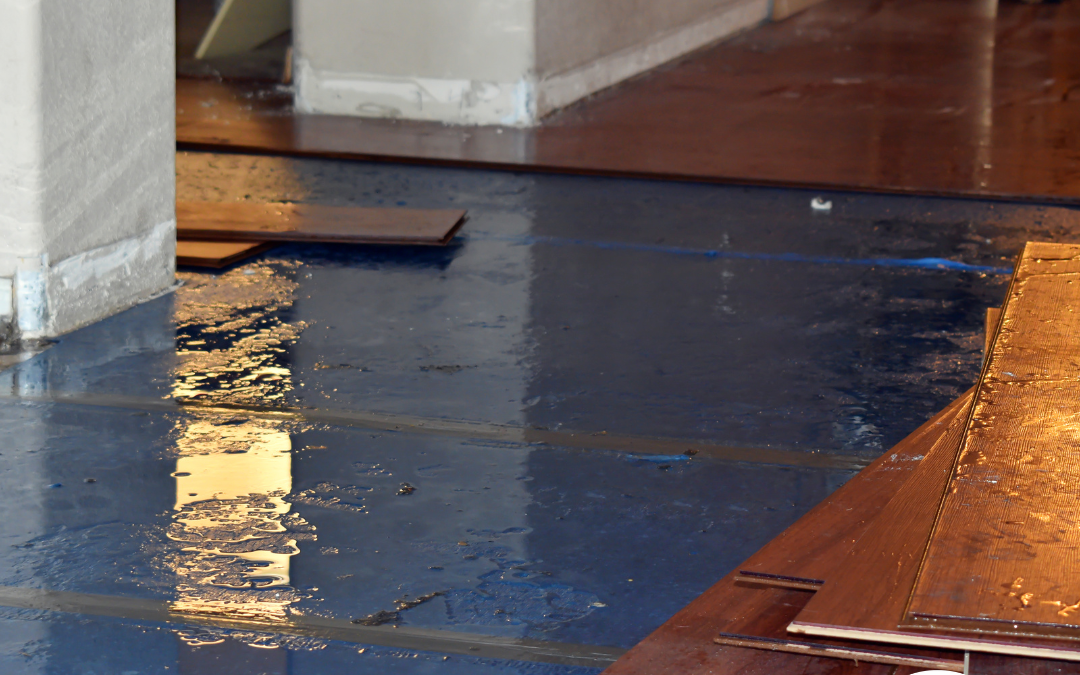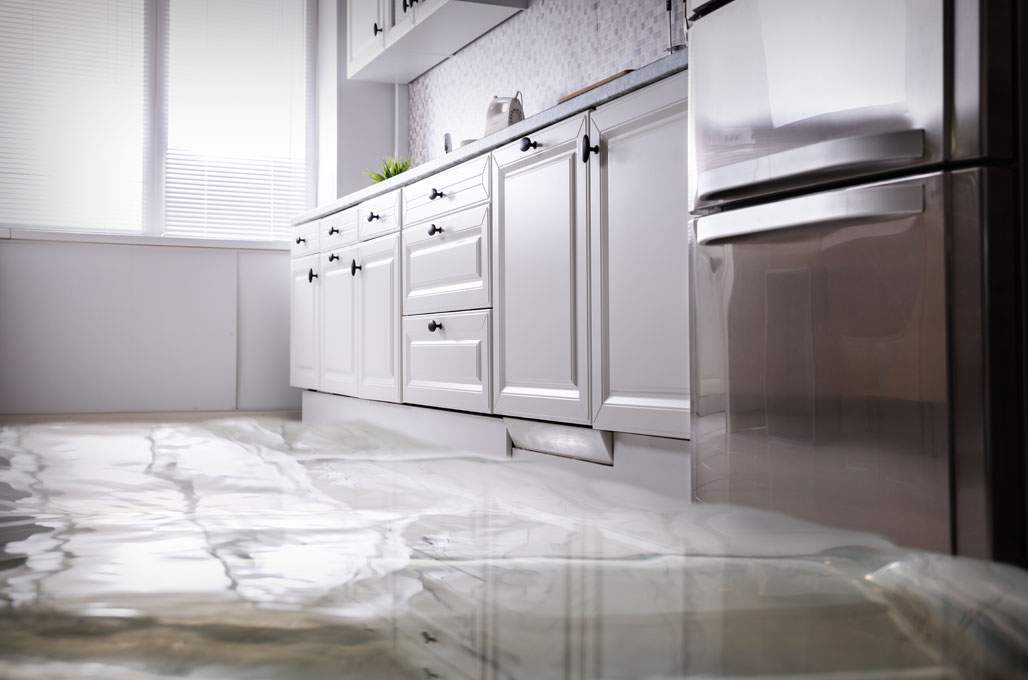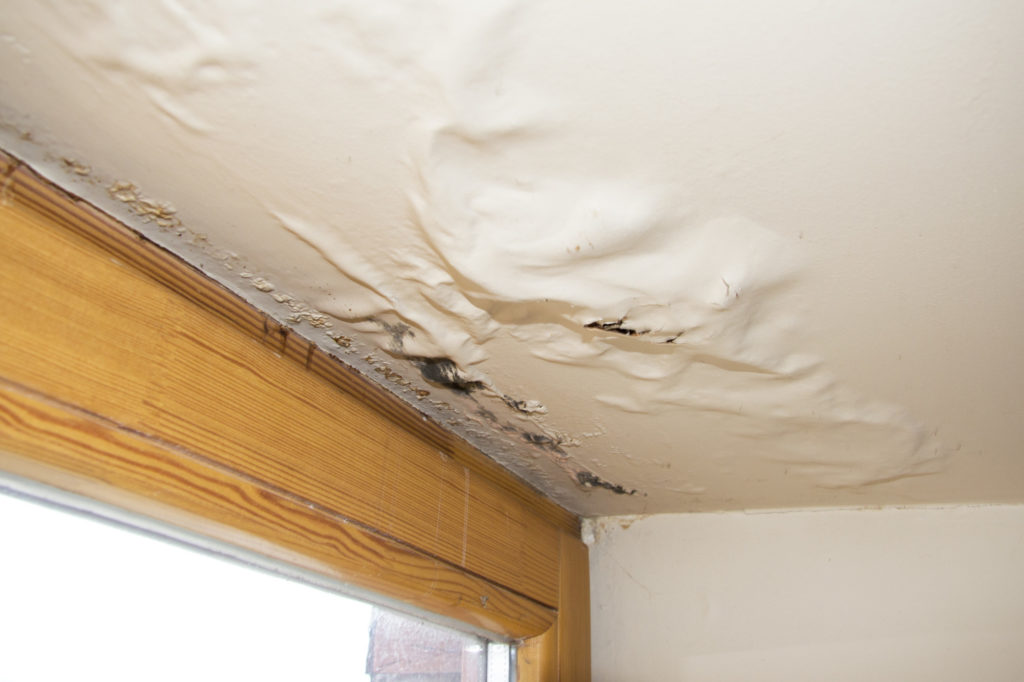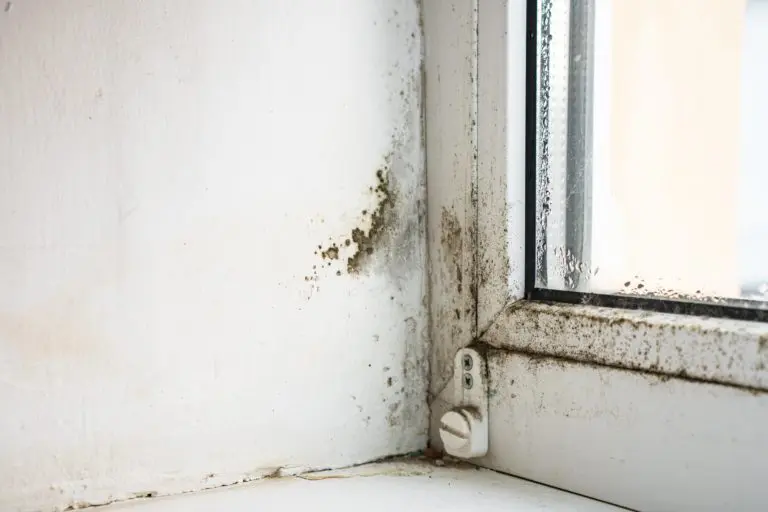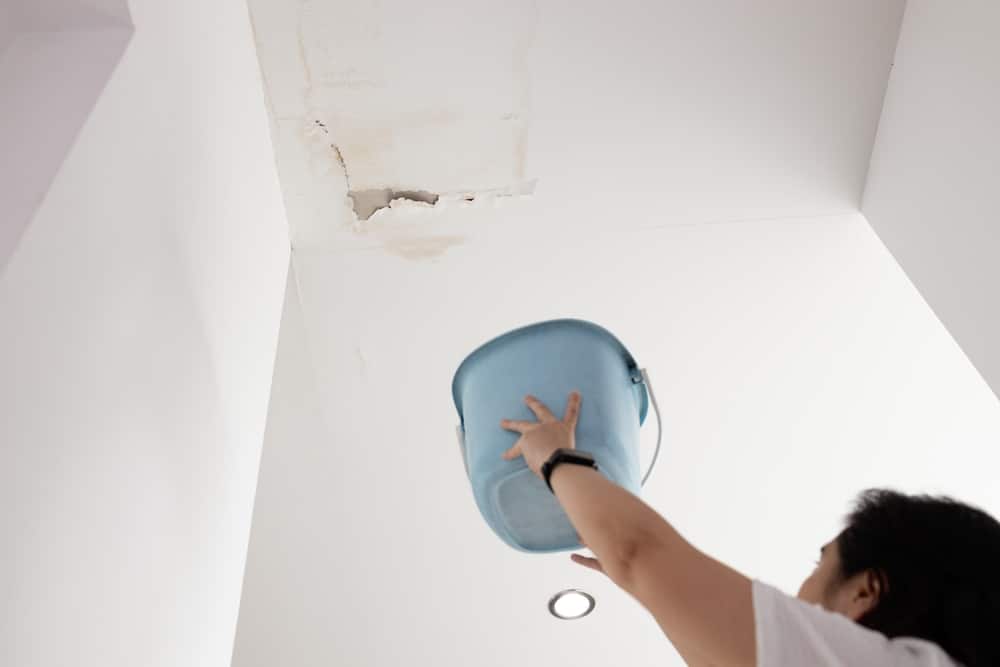In today’s rapidly evolving real estate landscape, the ROI of smart property management is increasingly becoming a focal point for property investors and managers. As technology continues to advance, integrating smart solutions into property management not only enhances operational efficiency but also significantly boosts returns on investment (ROI). Understanding the profound impact of these technologies is crucial for stakeholders looking to maximize their profits while improving tenant satisfaction.

Understanding Smart Property Management
Smart property management refers to the use of advanced technologies, such as the Internet of Things (IoT), artificial intelligence, and big data analytics, to streamline property management tasks. These technologies enable real-time monitoring, predictive maintenance, and automated processes, which collectively enhance the efficiency and profitability of property management.
The Role of IoT in Property Management
The Internet of Things (IoT) plays a pivotal role in transforming traditional property management. IoT devices, such as smart thermostats, sensors, and cameras, provide property managers with real-time data and insights. This data-driven approach allows for proactive decision-making, reducing operational costs and improving tenant experiences. For an in-depth understanding of IoT’s impact on property management, explore this IoT revolution in smart kitchens.
Enhanced Security and Safety
One of the primary benefits of smart property management is enhanced security and safety. Smart security systems, including surveillance cameras and access control systems, provide real-time monitoring and alerts, ensuring the safety of tenants and properties. These systems not only deter potential security breaches but also reduce the need for physical security personnel, leading to cost savings.
Maximizing ROI through Predictive Maintenance
Predictive maintenance, powered by IoT and data analytics, is a game-changer in property management. By analyzing data from sensors and devices, property managers can predict equipment failures and schedule maintenance before issues arise. This proactive approach minimizes downtime, extends the lifespan of equipment, and reduces maintenance costs, ultimately enhancing the ROI of smart property management.
Energy Efficiency and Cost Savings
Smart technologies contribute significantly to energy efficiency in property management. Smart thermostats, lighting systems, and energy monitoring devices enable property managers to optimize energy consumption, resulting in substantial cost savings. These technologies not only reduce utility bills but also contribute to sustainability efforts, attracting environmentally conscious tenants.
Improving Tenant Experiences
Tenant satisfaction is a critical factor in maximizing ROI. Smart property management solutions enhance tenant experiences by offering conveniences such as smart locks, automated lighting, and personalized climate control. These features not only improve tenant retention rates but also justify premium rental rates, boosting overall profitability.
Integrating Smart Technologies in Property Management
Integrating smart technologies requires a strategic approach. Property managers must assess their specific needs and choose technologies that align with their operational goals. Collaborating with technology providers and conducting thorough training for staff ensure a smooth transition to smart property management.
Challenges and Considerations
While the benefits of smart property management are substantial, it is essential to address challenges such as data security and privacy concerns. Implementing robust cybersecurity measures and educating tenants about data protection are crucial steps in mitigating potential risks.
The Future of Smart Property Management
The future of property management is undeniably smart. As technology continues to evolve, the integration of artificial intelligence, machine learning, and blockchain will further revolutionize the industry. Staying informed about these emerging trends and adapting accordingly will be key to maintaining a competitive edge.
Case Studies: Success Stories in Smart Property Management
Case Study 1: Revolutionizing Tenant Interaction
One notable success story involves a multifamily property manager who implemented smart communication platforms. By facilitating seamless communication between tenants and management, the property achieved higher tenant satisfaction and retention rates. Discover more about this approach in contactless delivery systems.
Case Study 2: Cost Reduction through Smart Maintenance
Another successful case involved a property management company that integrated smart maintenance solutions. By utilizing predictive analytics, the company significantly reduced maintenance costs and improved equipment reliability. Learn about similar cost-saving strategies in technology for cost savings.
Additional Resources
For property managers looking to delve deeper into the benefits of smart property management, external resources such as PointCentral’s insights provide valuable perspectives on the transformative impact of technology in real estate.
Conclusion: The Path Forward
Embracing the ROI of smart property management is a strategic move that promises substantial benefits for property managers and investors. From enhancing operational efficiency to improving tenant satisfaction, smart technologies offer a pathway to increased profitability and sustainable growth. As the real estate industry continues to evolve, staying informed about technological advancements and integrating them into property management practices will be crucial in achieving long-term success.

FAQ Section
What is the ROI of smart property management?
The ROI of smart property management refers to the financial returns achieved through the integration of smart technologies in property management. These technologies enhance efficiency, reduce costs, and improve tenant experiences, resulting in increased profitability.
How does IoT contribute to smart property management?
IoT devices provide real-time data and insights, enabling property managers to make informed decisions. This data-driven approach enhances operational efficiency, reduces maintenance costs, and improves tenant satisfaction.
What are the challenges of implementing smart property management?
Challenges include data security and privacy concerns, as well as the need for staff training. Implementing robust cybersecurity measures and educating tenants about data protection are essential steps in addressing these challenges.
This article contains affiliate links. We may earn a commission at no extra cost to you.


